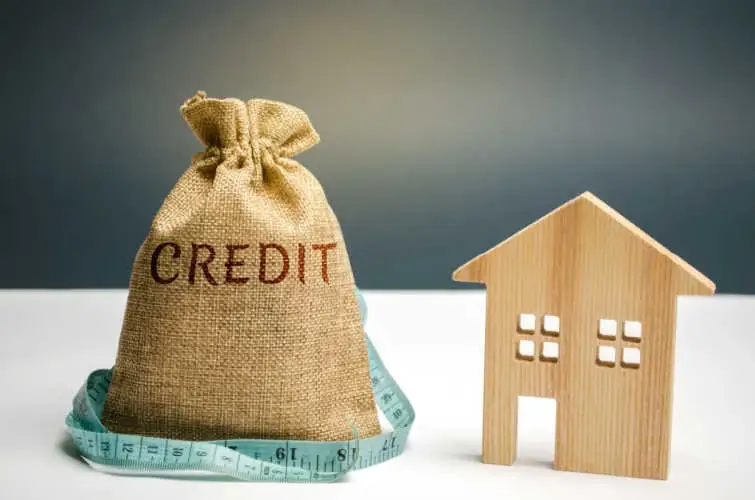
Your credit score has a huge impact on the homebuying process. You probably already know that it will be a big factor in determining if you qualify for a mortgage loan and what type of interest rate you will be offered. However, you may not be aware that your score can even affect things like how much you will pay in private mortgage insurance.
What is PMI?
When you put down less than a traditional full 20% on your mortgage, it increases the risk of loss to your lender if you were to default on your mortgage. They may not be able to recoup all their investment in your loan after selling and administration costs if there isn’t already a significant amount of equity in the home. To compensate for this risk, lenders will require borrowers with down payments of less than 20% to pay private mortgage insurance, or PMI. Even though you pay the premiums, the policy actually protects the lender, giving them a payout to cover their expenses if you should go into foreclosure.
The good news is that once you reach 20% equity in your home, the PMI can be canceled. That can happen by either simply paying down your mortgage balance over time or by increases in your home value due to a robust housing market.
How Does Your Credit Score Affect Your PMI?
Your PMI can cost anywhere from 0.25% to 1.5% annually of the total amount of your mortgage. For example, if you borrowed $300,000 for a home loan, you could pay as little as $750 or as much as $4,500. While the size of your down payment and your debt-to-income ratio factor into how much your premium will be, your credit score is one of the biggest influences on your PMI payment amount. Typically, the higher your credit, the lower your payment will be.
For example, if you have very good credit – a FICO score of 740 or more – your PMI could be in the range of 0.25% to 0.3% of your loan total. On that same $300,000 mortgage from above, that means a monthly payment between roughly $60 and $75.
If your credit is good – a FICO score between 670-739 – you might be offered a PMI rate in the range of 0.35% to 0.40%, translating to a PMI of $90 to $100 a month.
If your credit is only fair – a score between 620-660 – you’ll probably be paying the upper range of PMI, somewhere between 0.75% and 1.5%, equating to a monthly payment of $190 to $375.
And this PMI is all in addition to the mortgage principal, interest, homeowners’ insurance, and property taxes you are responsible for as a buyer.
Ways to Bring Down Your PMI premium
If you have the resources, putting a larger down payment could decrease your PMI charges, even if you don’t put down a full 20%. A down payment of, say, 7% will definitely lower your costs compared to a minimum down payment of 3%.
Since debt-to-income ratios are also important in determining PMI prices, you could try paying down some of your debts to lower that rate.
And of course, improving your credit score is a very impactful way to lower your PMI fees. This generally takes time – somewhere between 6 and 18 months depending on the reason for your low score. If you have fair credit, it may be worth it to hold off on home buying until you can increase it into the “good” range, as you’ll pay dramatically less for PMI, not to mention less for your mortgage in general.
If you have any questions about PMI or any other part of the mortgage process, please give us a call today!
These materials are not from HUD or FHA and were not approved by HUD or a government agency. We do not provide tax, legal or accounting advice

